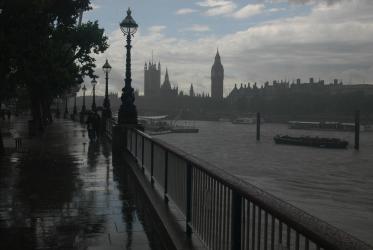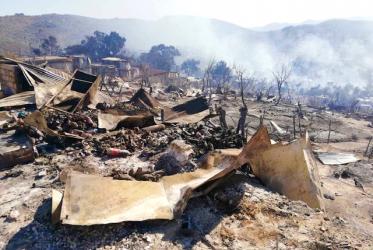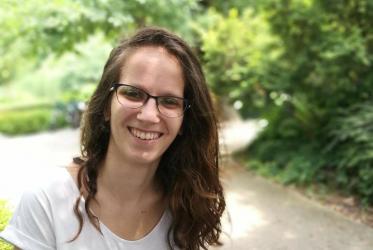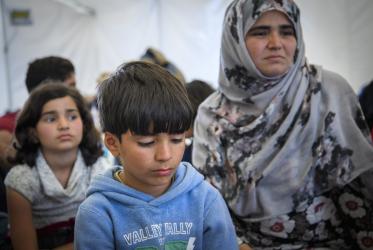Displaying 1 - 20 of 63
WCC pressing ahead with disarmament work
28 August 2019
WCC remembers lost colleagues
24 May 2019
On the journey to HIV – bridging gaps, debunking myths
21 February 2019
Not just numbers, displaced people need to share their stories
01 February 2018










